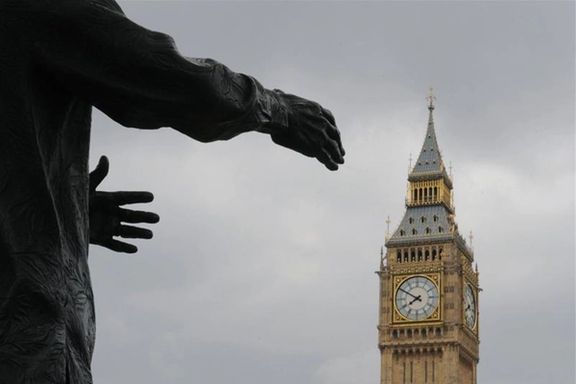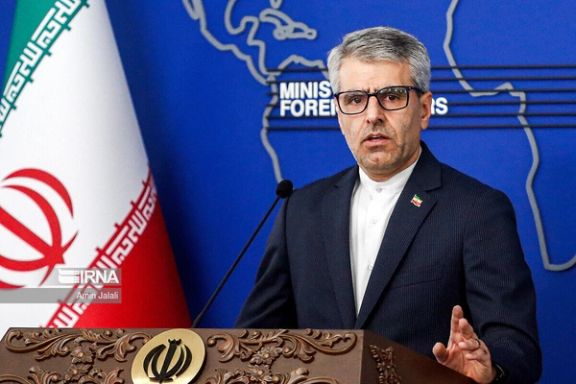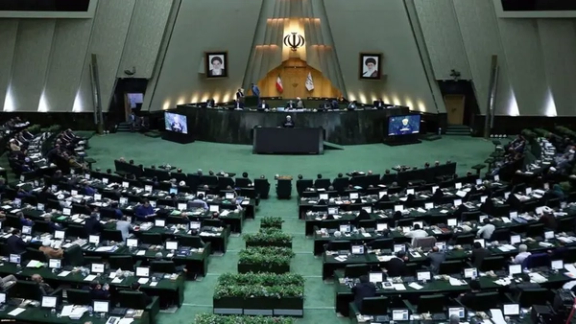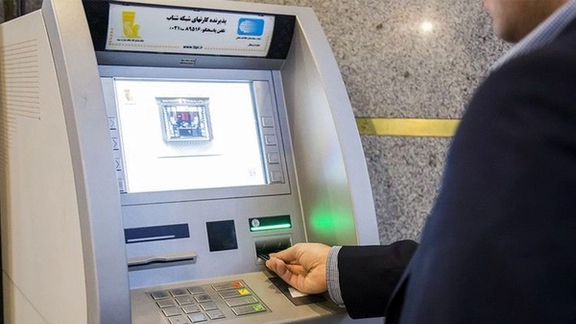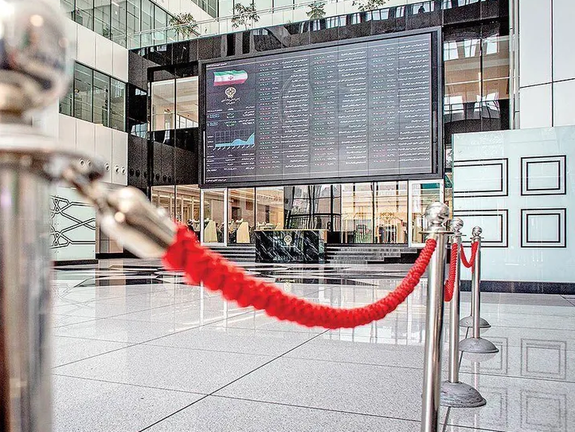Esmail Baghaei said it is “entirely unrealistic” to expect Iran to have normal cooperation with the IAEA, and that IAEA Director General Rafael Grossi’s insistence on continuing cooperation at this time is “not understandable.”
Speaking in a weekly press conference, the spokesman also condemned US President Donald Trump’s remarks against Supreme Leader Ali Khamenei, saying, “It is completely clear that such vulgar, insulting, and provocative remarks are wholly rejected and condemned."
"These words have hurt the sentiments of millions of Iranians and Muslims inside and outside Iran and will only increase hatred and resentment toward US policies in the region and against Muslims.”
Talks with Europe
Baghaei said Tehran maintains diplomatic relations and regular communication with Britain, France, and Germany, and Iran’s president recently spoke with his French counterpart.
However, he said no date has been set for the next round of negotiations, which will be announced once finalized.
French President Emmanuel Macron in a phone conversation with his Iranian counterpart called for Tehran's return to the negotiating table to address ballistic and nuclear issues, and for the resumption of the IAEA's work in Iran, his X account said on Sunday.
The French president also called on Tehran to respect the ceasefire with Israel and to help restore peace in the region, the post on his X said.
Iran warns neighbors
Baghaei also warned neighboring countries against allowing their territories or airspace to be used for hostile actions by Israel, saying that's prohibited by the international law.
“Without exception, all neighboring countries have assured us that they will under no circumstances permit Israel to misuse their airspace or territory for aggressive actions against Iran.”
Criticism of international responses
Iran is compiling evidence of Israeli attacks on its nuclear sites to present to international bodies, Baghaei said, accusing Israel of “war crimes” and describing it as “an apartheid regime” subject to prosecution by the International Criminal Court.
He said the recent IAEA report provides a pretext for Israeli and US strikes. “The International Atomic Energy Agency (IAEA) has clear technical duties and its director general must avoid political influence.”
The Iranian diplomat also slammed Germany and France’s positions on Israel’s attacks as unacceptable and warned that recent German officials’ remarks will leave a “historic and eternal shame” on Berlin.
Baghaei urged the German public and international community to hold their leaders accountable, saying, “I never imagined that the German chancellor would use the same language that was used to justify the racist actions of Hitler. This is something that the people of Germany and the world must demand from their officials.”
